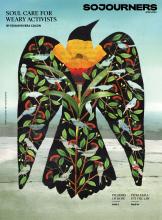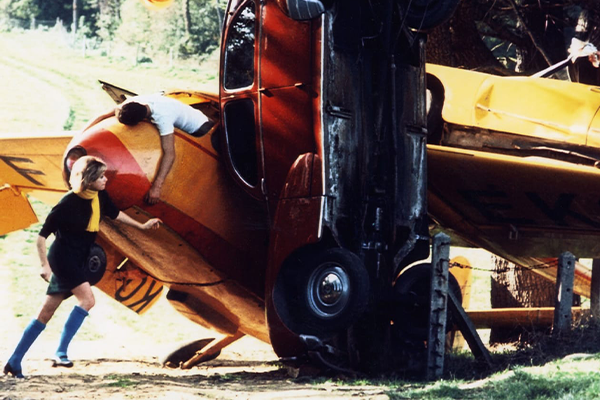JEAN-LUC GODARD'S 1967 anti-consumerist film Weekend is difficult to explain in the space of a column, but a single scene offers a cross-section of its absurdity.
A bourgeois married couple begin a road trip to kill the wife’s parents and inherit their fortune. Naturally, once the deed is done, they each intend to kill the other and run off with their respective lovers. But first, they must maneuver traffic.
A country road is frozen in bumper-to-bumper traffic, and for nine excruciating and exhilarating minutes, the camera methodically tracks along the road, gawking at the jam. Some people play chess in the roadway while others toss bouncy balls between vehicles; children have emptied out of a school bus and run through the grass; there are lions, a llama, monkeys; people lounge and flirt as the couple weaves through the mess. The scene is made even more chaotic by the insatiable, mechanical wail of competing car horns and screaming squabbles.
Read the Full Article

